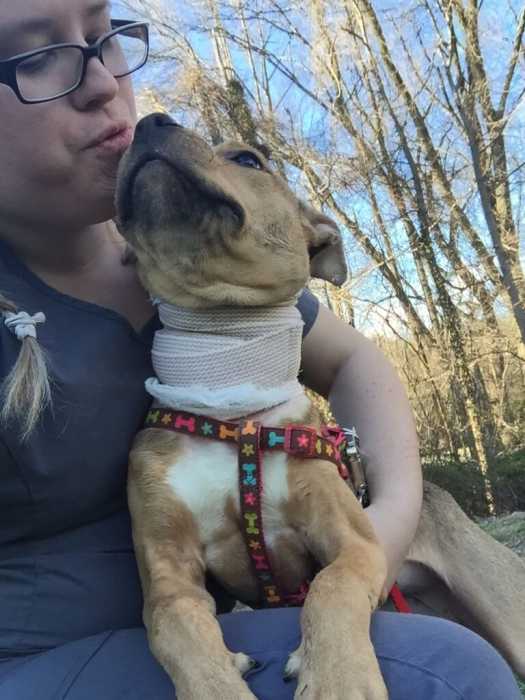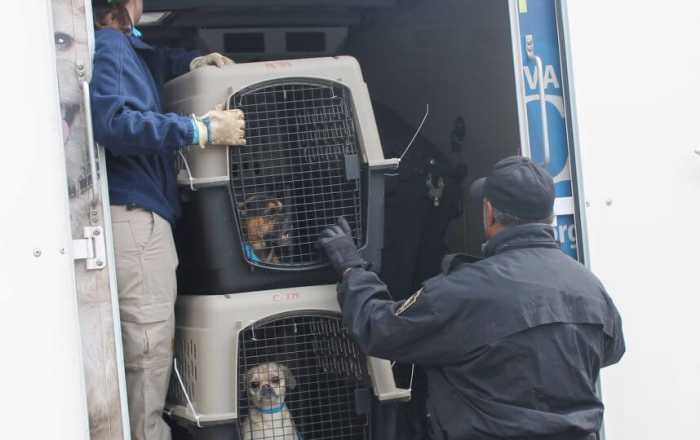While the 4th of July is a joyous occasion for the United States, celebratory fireworks can also make it a tough time for our furry friends.
“More pets will run away during the Independence Day holiday than during any other time of year, making their safety imperative,” the Pennsylvania Society for the Prevention of Cruelty to Animals (PSPCA) cautioned in a recent bulletin on summer health hazards that dogs face. While animals running away is typically caused by fireworks, other risks include issues like ticks and panovirus.
“While some dogs may have no reaction to the sight and sounds of fireworks, many pets will be startled and stressed by the sounds that accompany the visually spectacular displays,” the PSPCA wrote. Fireworks
The PSPCAhas several tips for helping your dog deal with the noise of loud fireworks, including:
-Create a safe, secure area in the home where they are familiar with their surroundings — possibly a quiet place with no windows. Turning on your TV and radio can help minimize the sudden noise of fireworks. -Give the dog a new toy or treats to createpositive associations with fireworks
-Acclimate your dog to the sounds of fireworksby playing recordings of fireworks
-Ensure your pet has proper identification should they become lost, such as ID tags or microchips, both available at the PSPCA
“The most important thing is to stay calm, and make sure your dog is in a secure area where they cannot escape,” according to the PSPCA.
Other summer concerns
Hot sidewalks, asphalt and pavement can burn your dog’s paws. Avoid direct sunlight and hot surfaces and schedule walks for cooler times of day.
Look out for dogs trapped in hot cars, which can cause death.If you see a dog in ahot car, dial 911 and call the PSPCA’s animal cruelty hotline at 866-601-7722.
Check your dog for fleas and ticks after prolonged periods outside. A new chewable medication, Bravecto, delivers flea and tick protection for up to 12 weeks, and is available at the PSPCA.
Exposure to disease is common in summer months when more dogs are outside and unvaccinated or infected dogs may get exposure to your dog. Vaccinations are the best way to prevent disease. the PSPCA is also providing free treatment this summer for dogs diagnosed with canine parovirus, which mostly affects dogs aged 2 and under, and can be fatal in 90 percent of cases if untreated. Symptoms include severe, bloody diarrhea, lethagry, fever, vomiting, and severe weight loss. Visit PSPCA.org to learn more about their parovirus clinic.
Keeping your dog safe this Fourth of July

m anima/Flickr


























